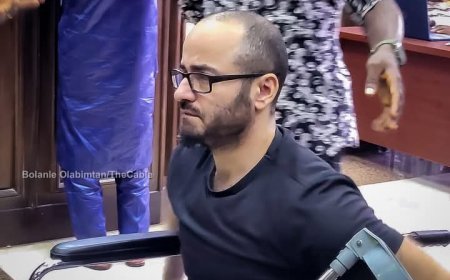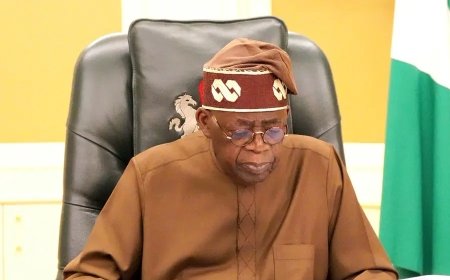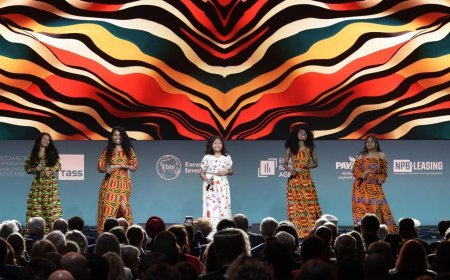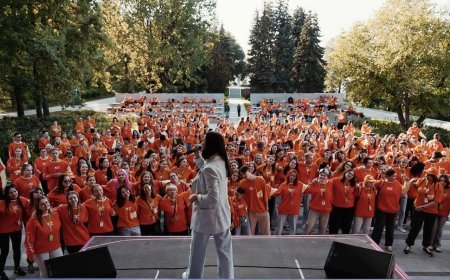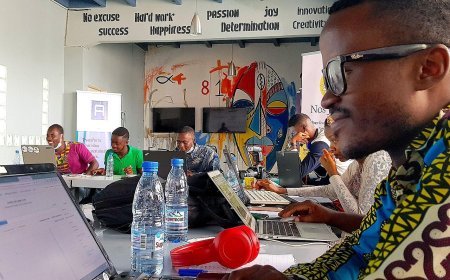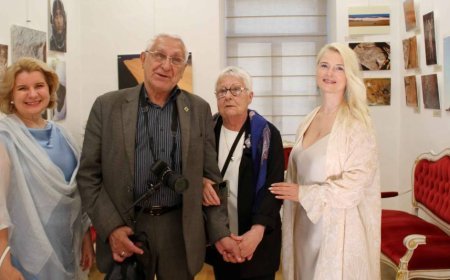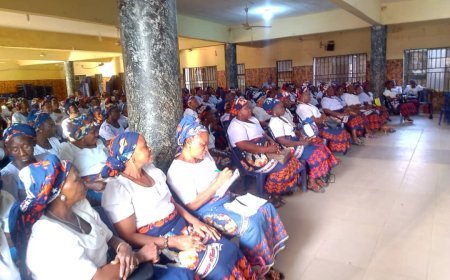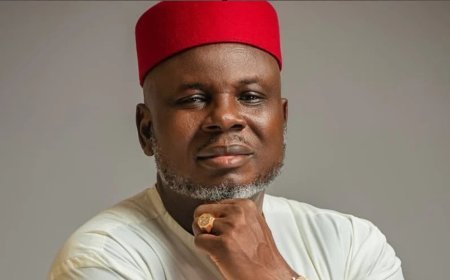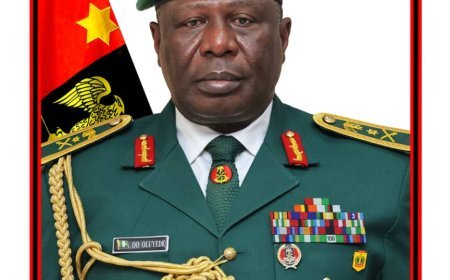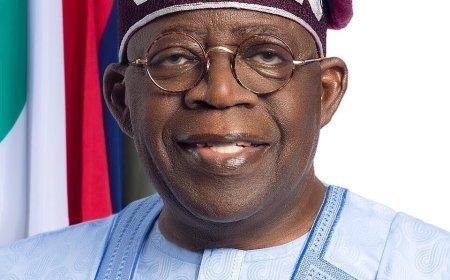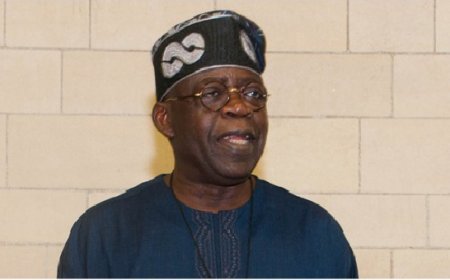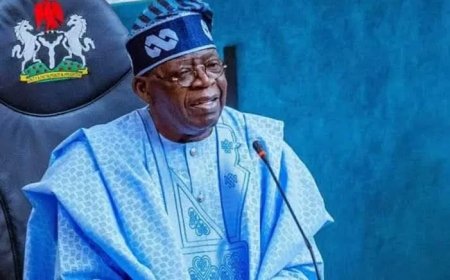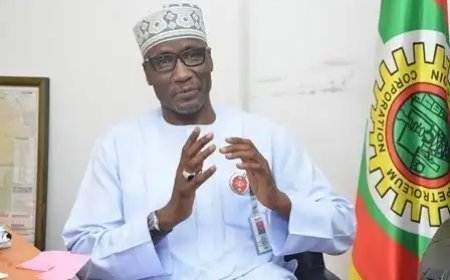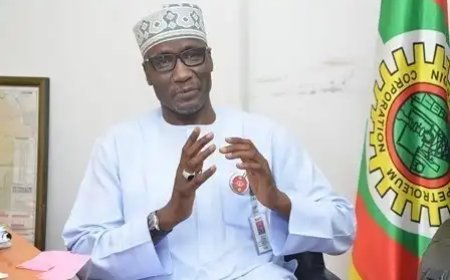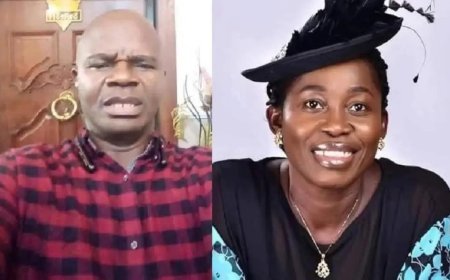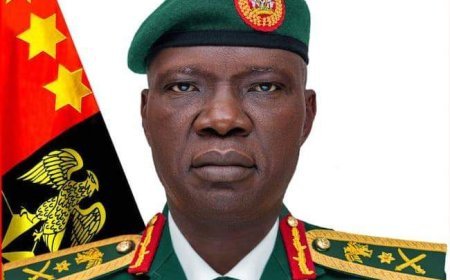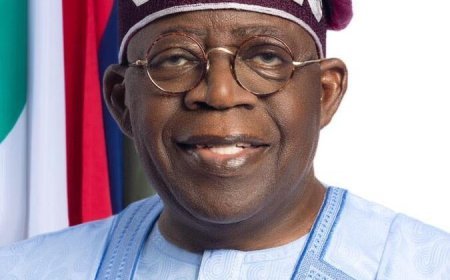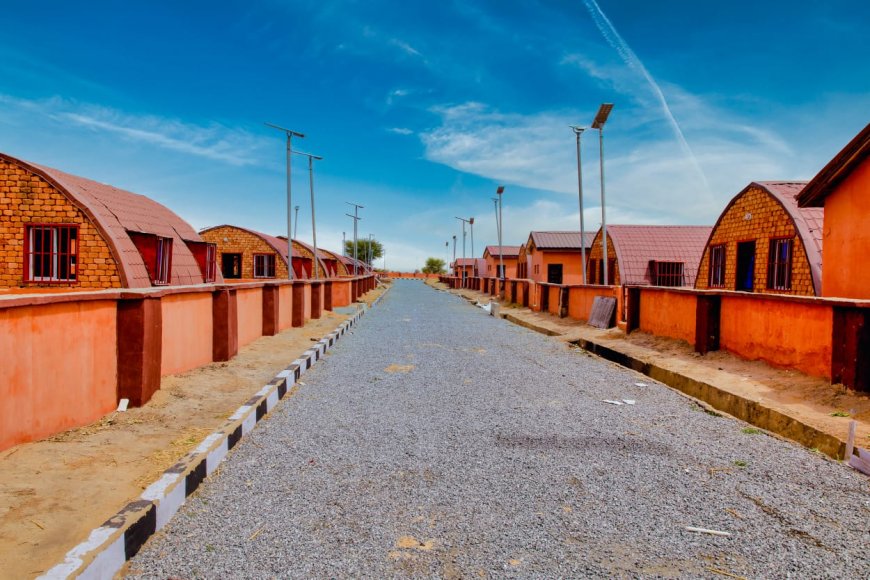How Are You: Prof Imhonde’s Psychological Perspective
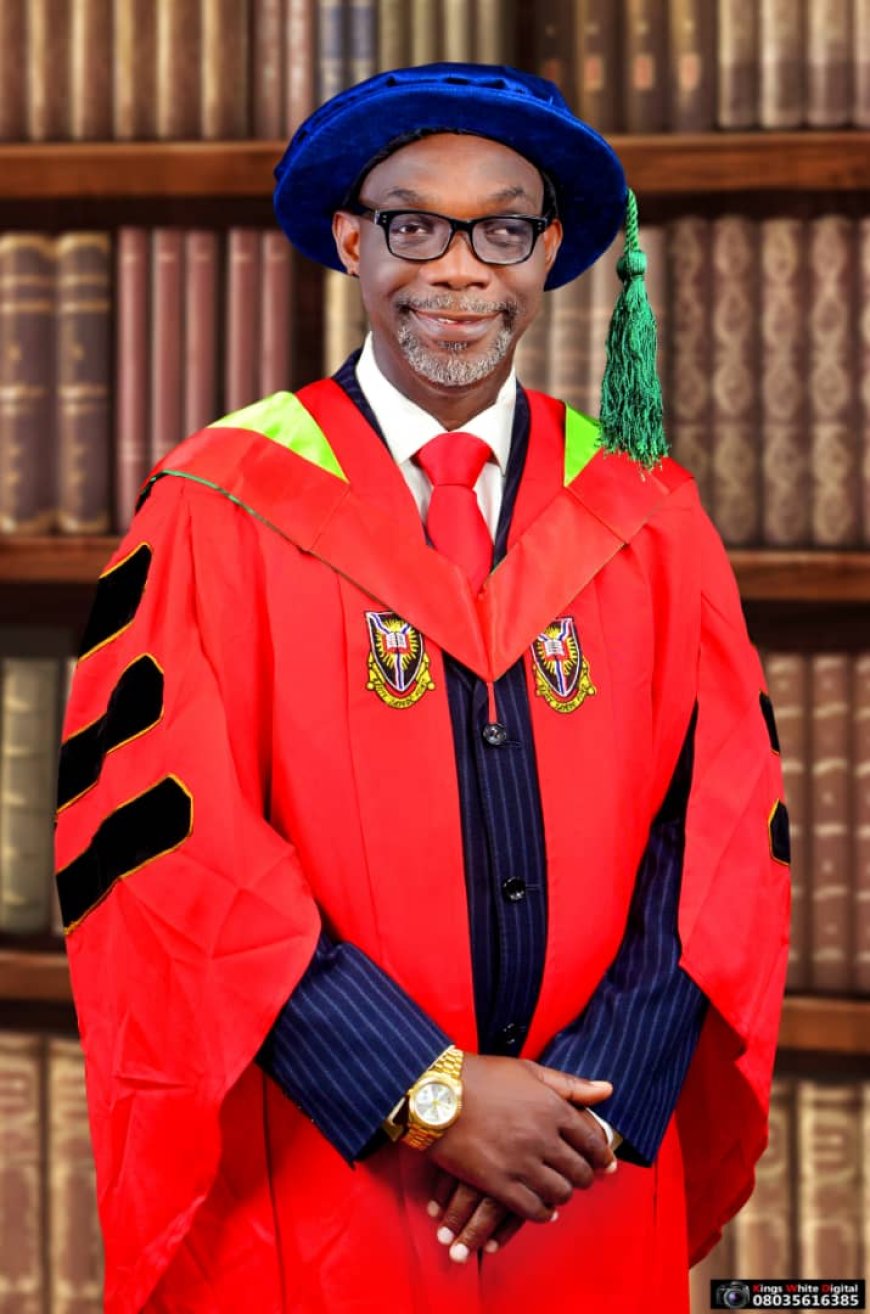
@Ernest Omoarelojie
“Bodiaye,” I heard the voice from the other end ask. It was that of a distant aunt who, in more ways than one, had taken over the role of the mother I no longer have. In addition to calling and checking on me every now and then, she also took the added responsibility of praying for me every such time. This time around however, her call, her “Bodiaye”, an Esan word which literally translates as “How are you”, came with a new meaning. It saved my arse, coming at a time I was at my lowest ebb. There is no price guessing how the call ended what could possibly become a psychological issue.
Today, I chose to write about this simple care-based enquiry-How Are You, 'Bodiaye', 'Bawo ni', 'Yaya kike', 'Ke e kwa nu', 'How you dey', or whatever it is that expresses the same concern in your clime. It is in reaction to the topic of an Inaugural Lecture-How Are You, A (W)holistic Approach To Psychological Well Being-delivered by Professor Henry Odianosen Imhonde, a Clinical Psychologist at the Ambrose Alli University, Ekpoma, Edo State.
Let me begin by asking the question-when last did you call someone to say, How Are You? I ask the question here bearing in mind the fact that it is often the first statement we make when we come in contact with friends, colleagues and family members. The trouble is that when we ask the question, it often comes flippantly, devoid of the sincerity, care and love that ought to make it tick.
So, the second question would be, how deep is your concern when you ask How Are You?
The only way to understand the importance of the concern, love and care in 'How Are You', enough to make it relevant, is to first understand what the receiver is going through, the usual facade ignored. I will reference the lived experiences of one outstanding individual with the hope that it will help situate the fact that until we put ourselves in other people’s positions, the likelihood remains that humanity will continue to overlook the solution it has but seeks to overcome its myriad of challenges.
In the eyes of the public, Christina Onassis, the late only daughter of the equally late, very exuberant Greek billionaire, Aristotle Onassis, lived her life to the full. As the only surviving child of her billionaire father, she inherited a princely $500m and another $77m estate from her mother. That way, her life became an advert for what it takes to be rich. She had everything money could buy not at her beck and call and at the dot of a second. But her wealth did not buy her love. The immediate result was that she became a companion to depression.
Following from the depression Christina fought obesity with frequent crash diets. Sadly, she gained back the weights as quickly she succeeded in shedding. Inevitably, she took to prescription drugs which she became addicted eventually.
Love was really hard on Christina as she drifted from one relationship to another. In the process, she had three failed marriages-with Joseph Bolker, Alexandros Andreadis, Sergei Kauzov, all of which ended almost as quickly as they began. That wasn’t all there was to her attempts at finding marital bliss. Her union with Bolker, 27 years her senior, lasted for nine months followed by the union with Andreadis, a Greek shipping mogul and banking heir, which expired a year after it was contracted. To Kauzovma Russian shipping agent she went next. Like the one before it, the union lasted for a year before it hit the rocks.
Her fourth and last marriage was with Thierry Roussel. It lasted the longest and produced her only child, Athina. But it crashed after about four yeas.Incredibly, her bleak marital experience spanned a sixteen year duration.
Outside of her failed marriages, Christina also suffered gravely. She lost all her entire immediate family within 29 months. Little wonder she evolved a take on the reality of life that sounded somewhat antithetical. Before she died at 37, she had this to say: “Sometimes, when you have everything, you can’t really tell what matters.”
The world learnt an important lesson from Christina-the presence of immense wealth does not guarantee happiness. Even though those around her did not realize it, her lived experience also made the point that there is more to life than meets the eye. Else, they would realized that, affection, loving and caring display would have made the difference. She did not feel the care, experience the love or see the concern, the little things others don't see the need to give when relating with those they consider ad wealthy.
Unlike Christina, Robert Nesta (Bob) Marley was not born with a silver spoon. Through dint and strive he worked his way into becoming one of the world's most celebrated icons. Bob it was who sang, Who Feels It Knows It, 'In one of his many popular tracks. Essentially, his take is that only those who have cuts can tell how deep the pain is. They are the only ones that can tell how far, for instance, a sincere, caring and loving “How Are You” can go in the healing process. The effects are the same in both the physical and psychological senses.
Christina felt the pain but did not experience the care and love required for healing. Arguably, a well-intended and sincere “How Are You” would have gone a long way in healing her unseen wounds.I
mhonde wrote about Psych-social disorders arising from, for instance, exposure to domestic violence. Among other variables, he identified fear, anxiety, distress, depression and violent behavioral tendencies as manifests. As a way out, he recommended that those who instigate it must be considerate enough to understand the negative impacts just so that they take necessary proactive measures to nib it in the bud, so to speak.
Even more so is the fact that those around the victims must show empathy, love and care for the effects to be less devastating. There is no record to indicate that Christina experienced domestic violence. But she went through bouts of depression, distress, fear and anxiety for the love, understanding and care people around didn’t know how to give. If only they had looked beyond the facade, the probability is that her story would have taken a different tone or turn. Her outcome underscores the need for all of us to show of love and care.
In his paper, Imhonde is requesting that we ask enough of ‘How Are You’, a commitment that can make a whole difference. He gave enough insights into how it could make the big difference by advocating selflessness, not necessarily in pecuniary terms. According to him, any personality that is molded on selfishness, any lifestyle that is devoid of care, is morbid and doomed.
He surmised that any individual or group ideal or set goals founded on selfishness will, at best, experience limited growth. He argues, rightly so, that personalities based on a selfish lifestyle are unhealthy, the same way selfish individuals and group ideals are a recipe for failure and diminutive growth.
The reason is that individuals and groups require one another to develop mutually beneficial social interests that enhance a sense of solidarity and identification with others. That, he noted, is the reason why individuals with strong social interests seek to cooperate in ways that contribute to others’ psychological well-being.
In other words, human survival is dependent on how we relate with one another.
Hear him: “They want to cooperate with other people and groups, not to compete, they build people not to destroy, and they help people to re-discover life satisfaction not trouble. This is the way to build and enhance a good psychological well-being in yourself, those you are leading, those around you and within your community and workplace.”
Imhonde’s paper is a clarion call on the need for all of us to look over the shoulders with love and care just so that humanity will be saved. Humanity must deploy what it obviously has in abundance-care and love, expressed in such common hope-boosting statement as How Are You, to achieve the goal.
Imhonde’s position is akin to what Mikal Gilmore, an American journalist and music writer, once said of Bob Marley. Marley, he wrote, was not singing about how peace could come easily to the world but how hell on earth comes too easily to too many. In other words, peace lives inside but is easily displaced by evil because humanity often fails to activate what makes peace thrive.
In the paper under review, Imhonde did not just postulate humanity has the antidote to all its challenges-physical or psychological, he is concerned that humanity seems to require prodding to recognize, deploy and activate the use for the common good of all. The simplest way to activate it, he counsels, is to remember to ask the concern-raising question, “How Are You”.
“But I bring to you today, that happiness and the choice to quality life, is possible and most often this is usually elicited by a simple question people around you ask and their positive relationship with and towards you,” he wrote.
“I do appreciate that at the end of the lecture, when you ask someone ‘How Are You’, you actually in a second, are sincere in what you are asking and really care about the psychological well-being of others?” he summed.
When was the last time you called to ask someone, “How Are You”?
What's Your Reaction?







